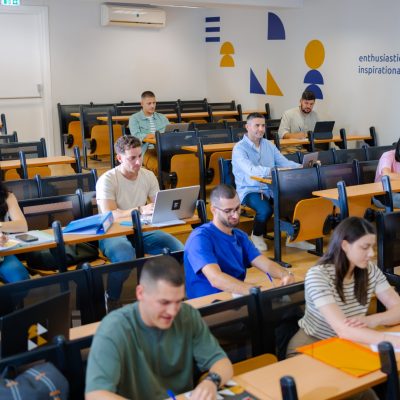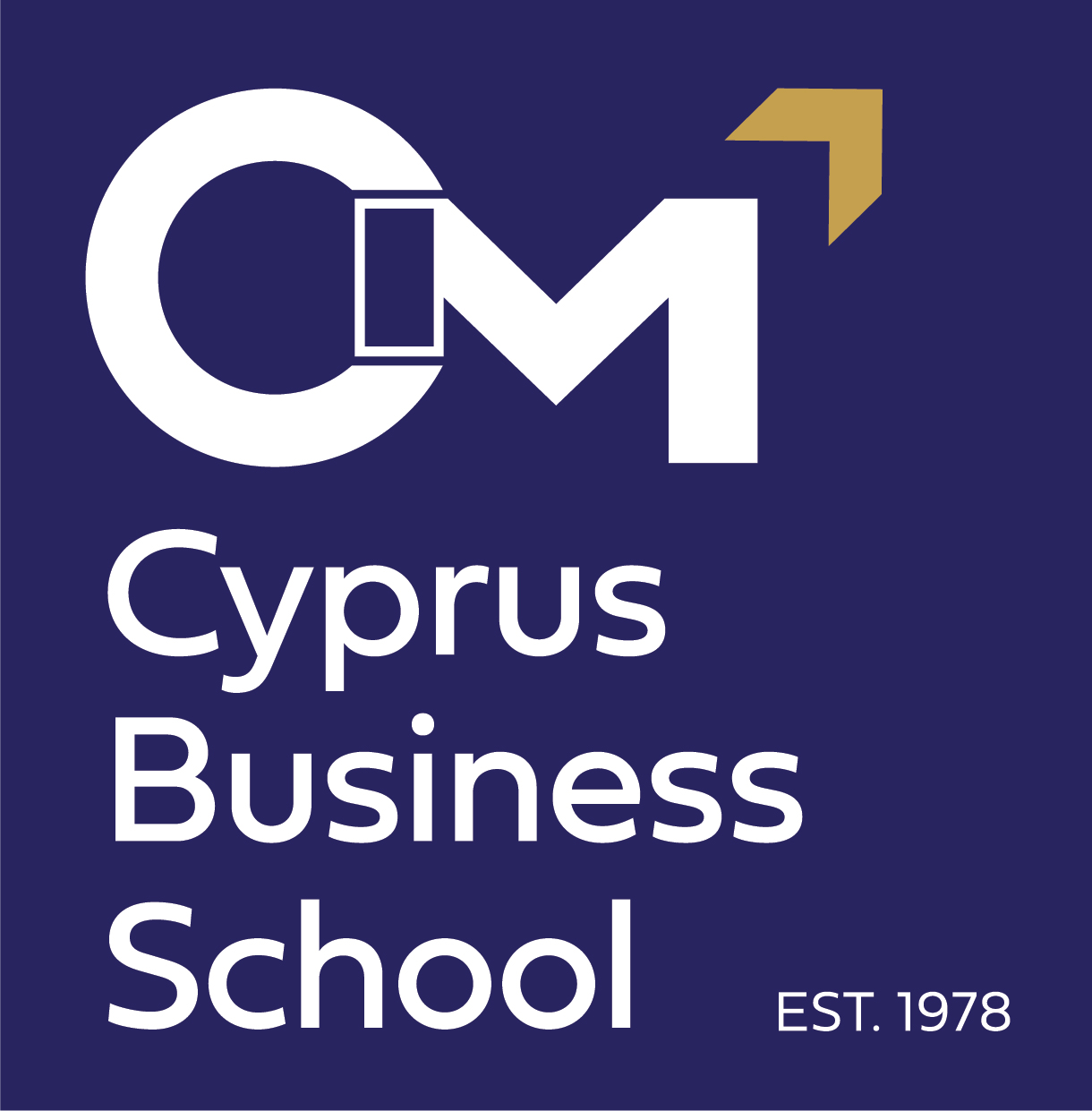ECTS System
CIM has fully implemented the ECTS system of credits since 2010. All CIM Undegraduate programmes are 60 ECTS per year (180 ECTS for 3 Years Bachelor programmes and 240 ECTS for 4 Years Bachelor programmes) and Masters are 90 ECTS.
The European Credit Transfer and Accumulation System (ECTS) is a standard for comparing the study attainment and performance of students of higher education across the European Union nd other collaborating European countries. For successfully completed studies, ECTS credits are awarded. One academic year corresponds to 60 ECTS-credits that are equivalent to 1500–1800 hours of study in all countries respective of standard or qualification type and is used to facilitate transfer and progression throughout the Union.
The ECTS is complemented by the European Credit Transfer system for Vocational Education and Training (ECVET) which the ministers who are responsible for vocational training in 32 European countries agreed to develop in the Maastricht Communiqué of 14 December 2004.ECTS also includes a standard ECTS grading scale, intended to be shown in addition to local (i.e. national) standard grades.
In Cyprus the standard formula used for each credit point per year is 30 Hours per credit point.
For more information and ECTS documentation, see the EU Commission website at http://ec.europa.eu/education/lifelong-learning-policy/doc48_en.ht
Language of Instruction
All programmes are taught in the English language.
Method of Teaching
Instructional methods include lectures by lecturers who are actively involved in large firms. Guest Lecturers from the Industry and the business world are invited to discuss current market developments. Besides lectures, the teaching programme includes discussions, seminars, industry studies, film screenings and work projects. The programme methods are designed to foster continuing exchanges of views among students and to provide the means to learn from each other and gain new perspectives by interacting with students from other industries, countries and cultures.


Quality Assurance Mechanisms at CIM
To ensure that the programmes and staff of CIM-Cyprus Business School are providing a quality cutting-edge education to each and every student and in line with Cyprus' Quality Assurance Agency's regulations, a number of quality assurance procedures are conducted throughout the academic year. Moreover a Quality Assurance Committee has been established to manage the overall quality assurance procedures with regards to academic programmes on offer.
With the guidance of prominent academics from Cyprus and abroad, courses offered are analysed and updated to fit existing and emerging business trends and tailored to prepare students for successful entry into the business world. This may involve altering teaching methods, modifying modules from the programmes, updating syllabi (including study materials) and identifying regular and guest lecturers. Any modifications to the courses or programmes are then reviewed by the Business School's Council to ensure that they conform to Business School's overall strategic goals.
The CIM Quality Assurance Committee
The CIM QA Committee is appointed by the Business School's Council and has a three year term. All stakeholders are represented on the Committee and its workings are in line with Cyprus' Quality Assurance Agency.

